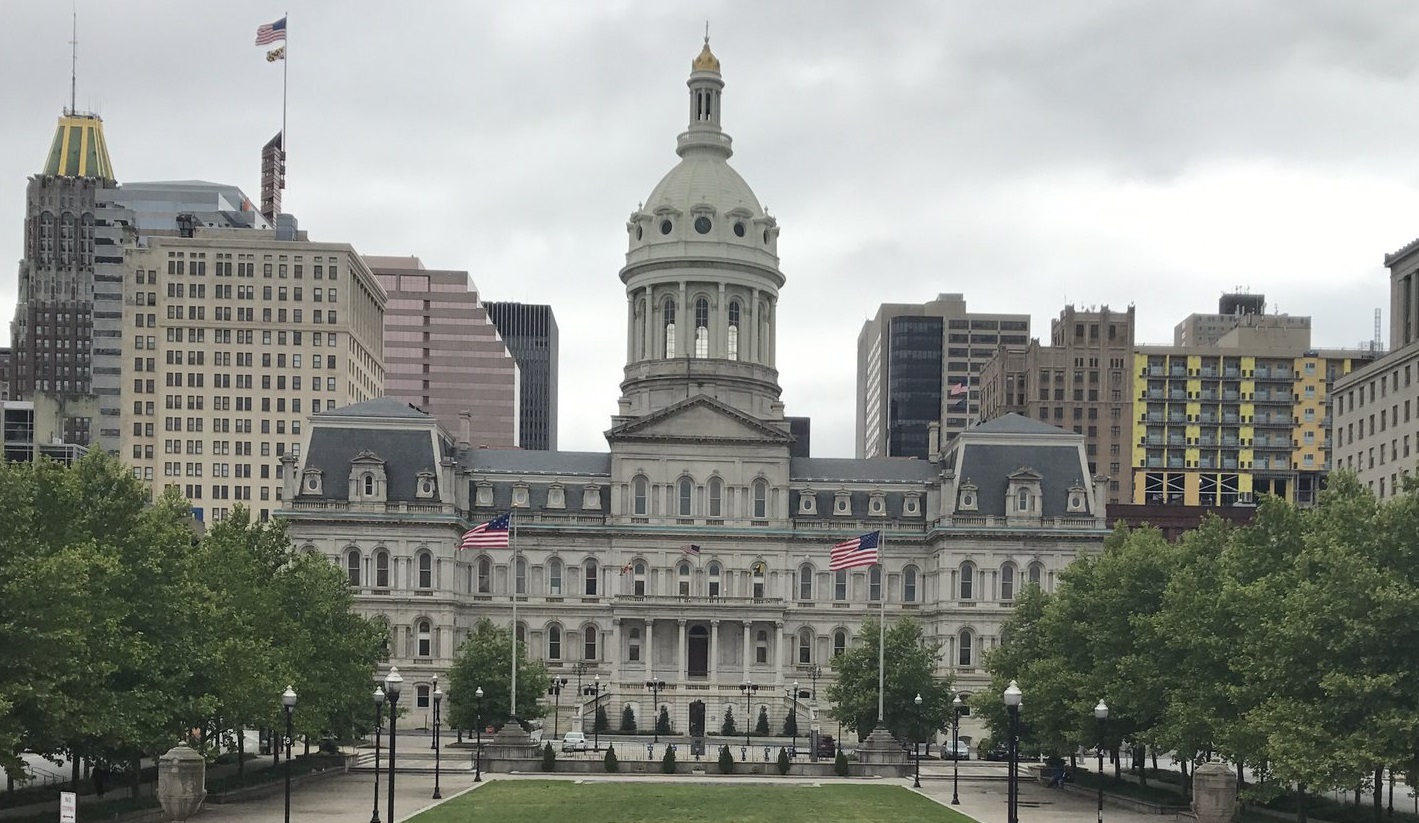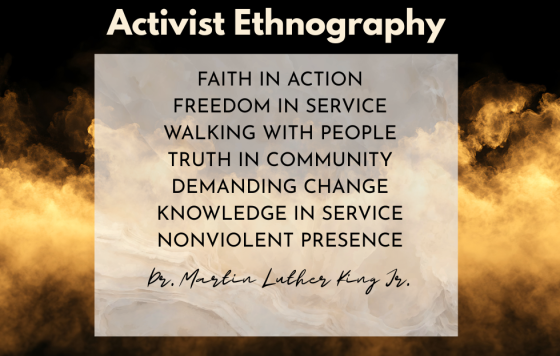
On Wednesday, April 21, the Baltimore City Board of Estimates held Taxpayer's Night, an annual opportunity for Baltimore City residents to comment on the proposed next year's budget. Several organizations, including Organizing Black and Communities United, recruited dozens of people to speak against the proposed increase to the budget of the Baltimore Police Department - read more in the Sun here, and read commentary from Communities United board member and Baltimore Peoples Climate Movement partner Nabeehah Azeez here. Standing in solidarity with these demands, we also spoke on the need to budget for protecting residents from sewage backups into their homes. Our testimony is below, and the recording of Taxpayer's Night is here.
Hello, my name is Sajida Chandoo, I live in Mt Vernon, and I’m the Canvass Director at Clean Water Action. We’re a national environmental organization with over 6,000 members in Baltimore City. I’m here today to speak on a couple of items in the budget proposal relevant to sewage infrastructure.
The preliminary budget plan, on page 5, allocates $2.5 million for the new Sewage Onsite Support program to disinfect people’s homes after a sewage backup. While it’s good that this money is budgeted, the parameters of this program need to change so that the money is actually used to help those that it is meant for. The policies for this program are based on a reimbursement program that the city has had for three years, but those policies were so strict they resulted in only a handful of households getting help and a tiny fraction of the money budgeted actually being used.
In fiscal year 2019, only 18% of applicants to the reimbursement program were accepted - 11 people. Although $2 million was set aside in the budget for this program, the City only used $10,275 of it. In fiscal year 2020, only 10% of applicants to the reimbursement program were accepted - and because so few people applied to the program, that’s only 2 people. As of the last report, no money had actually been paid out. It doesn’t do any good to budget $2.5 million for the Sewage Onsite Support program if the program is so restrictive that almost noone can access it. These restrictions should be lifted so that those dollars actually get to the people they’re meant to help.
Also, sewer backups have not trended down over the past few years. For example, in March 2018 there were 453 backups reported to 311. In March 2019 there were 454. In March 2020 there were 510. We’d like to see more funds focused on bringing this number down. We’re concerned that the number of sewer backups into homes is not used as an indicator for healthy communities. The amount of fecal bacteria into waterways is, as shown on page 74, but those two things don’t necessarily go together, and sewage in people’s homes has a much bigger impact on people’s health. Funds should be focused on reducing the number of backups Baltimore residents have to deal with.
Finally, we need to reallocate money from BPD towards things that will actually keep people safe and healthy, including but far from limited to sewage infrastructure and assistance. It’s disappointing and absurd that the BPD budget is being increased yet again this year. I want to echo what everyone is saying about divesting funds from the police and reinvesting in the people of Baltimore. Thank you.


